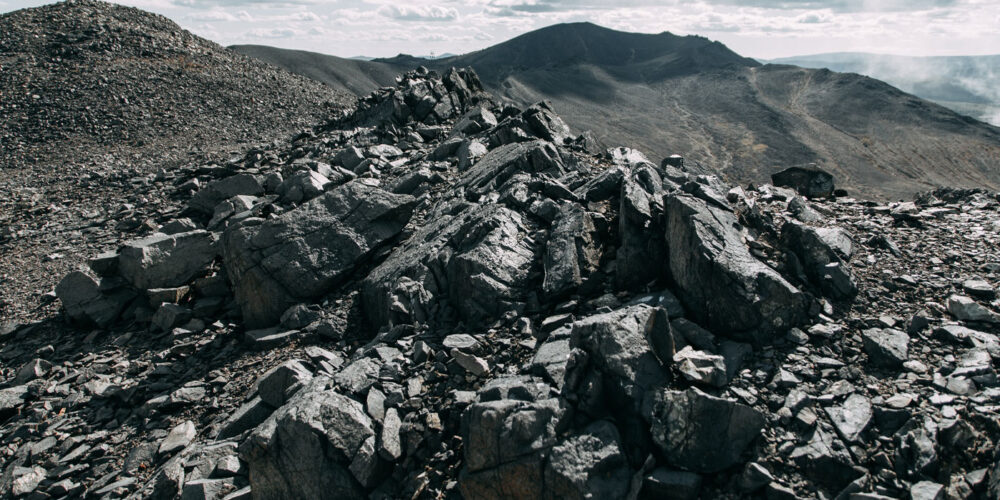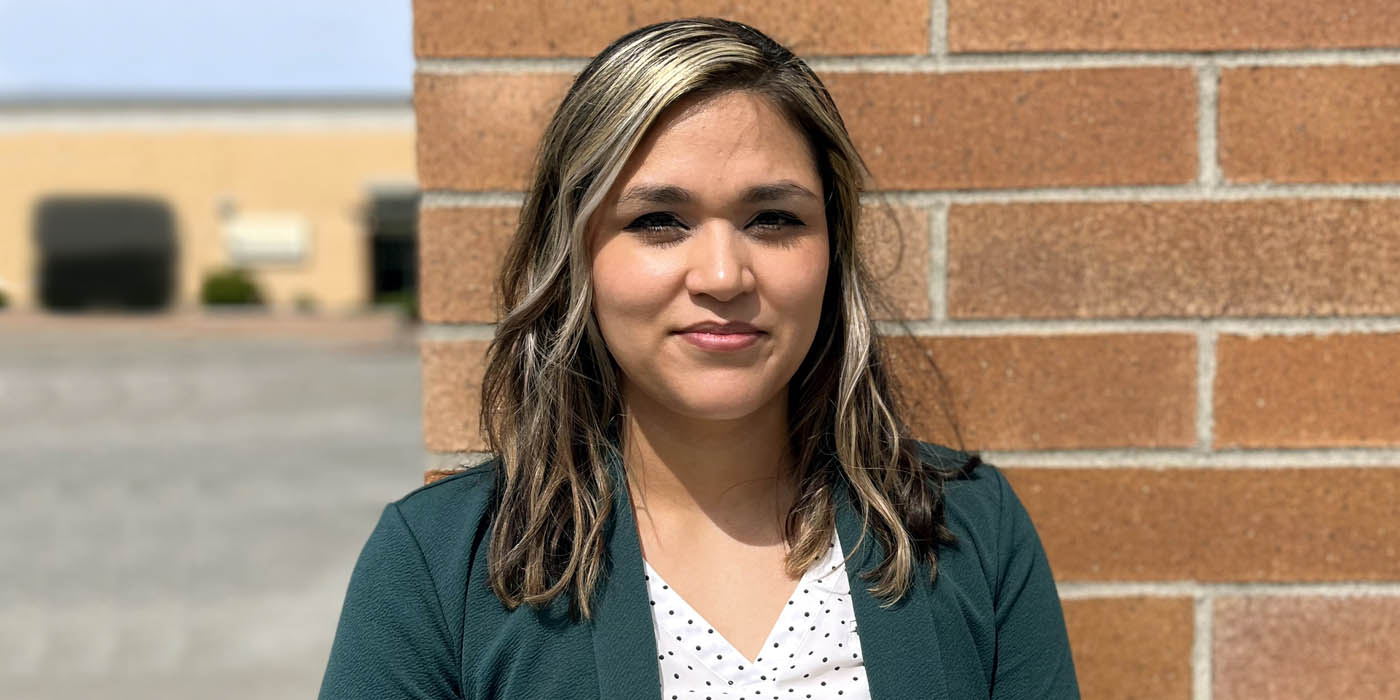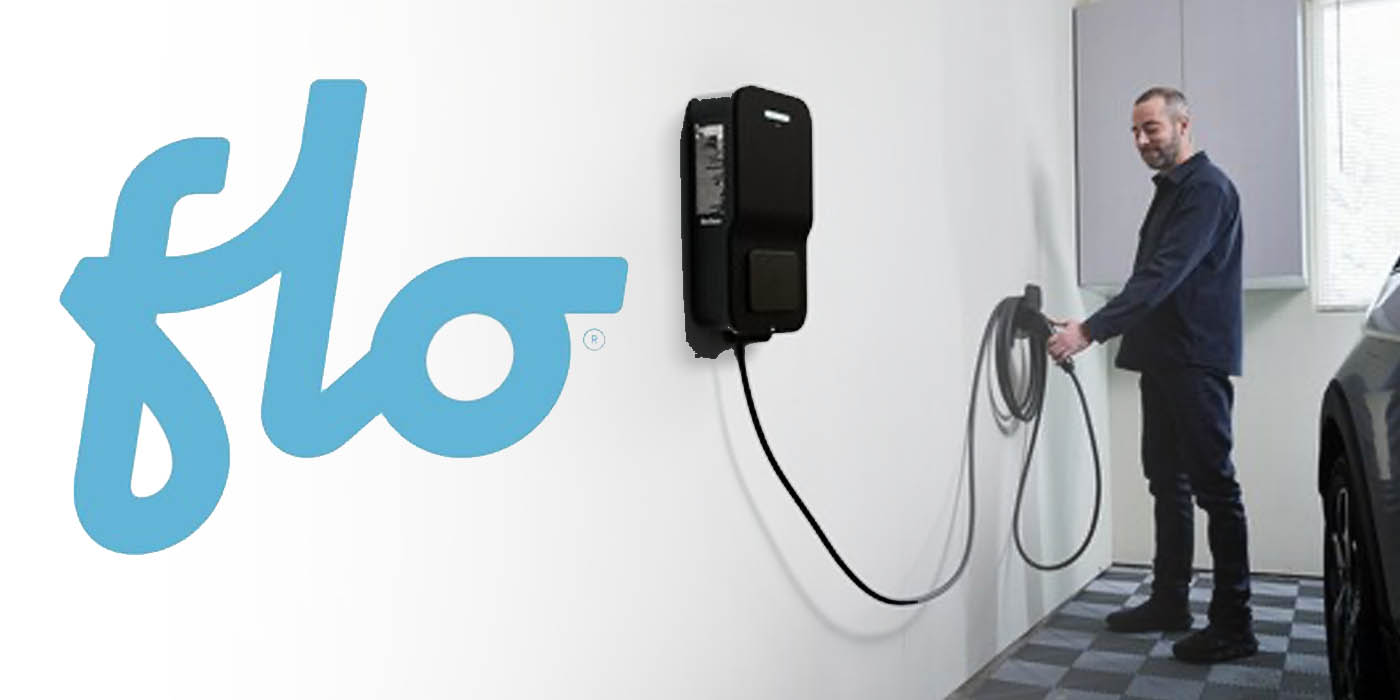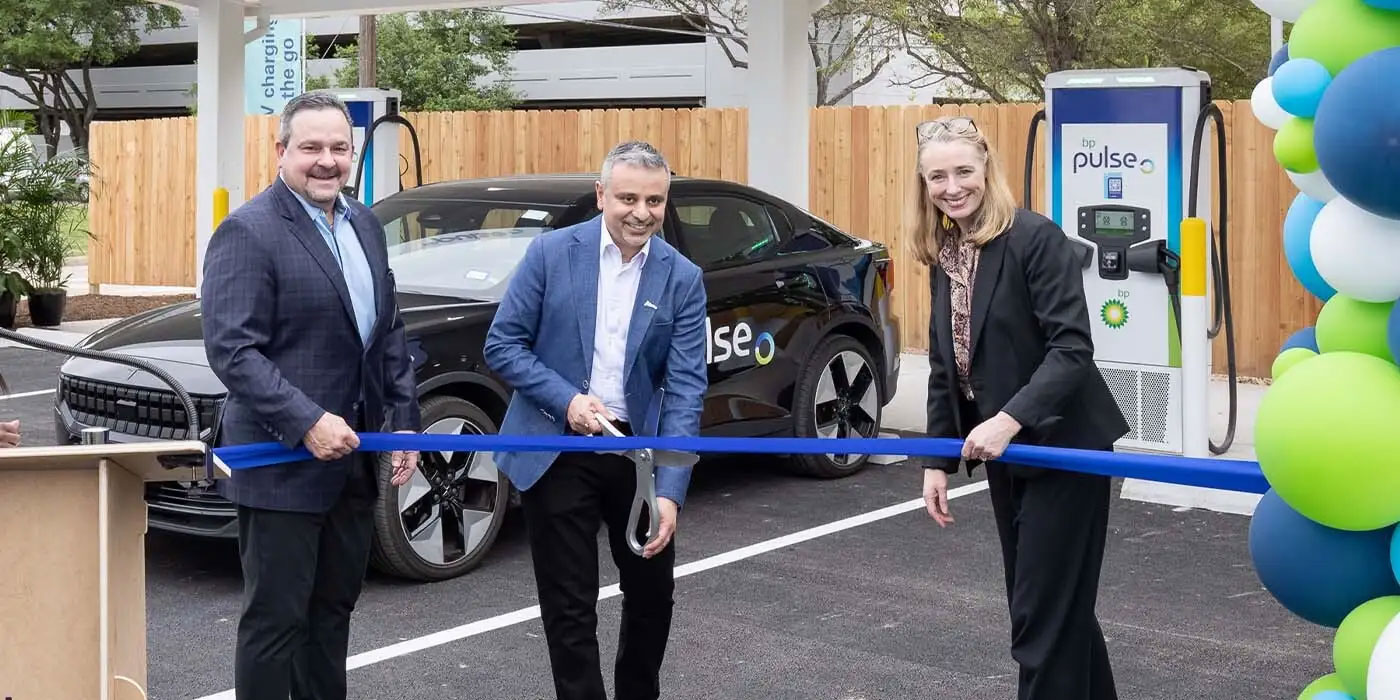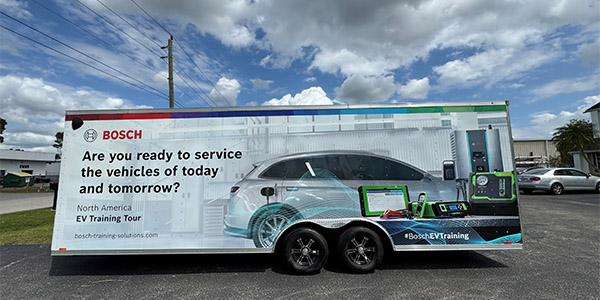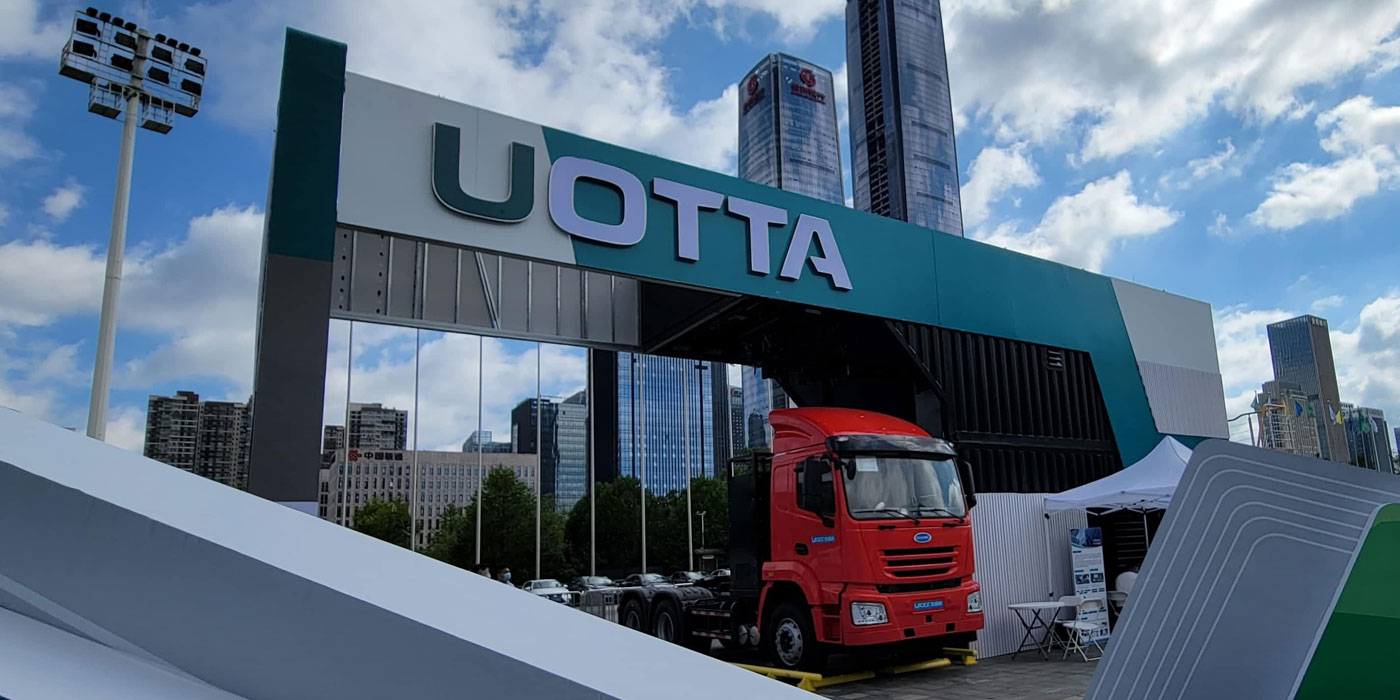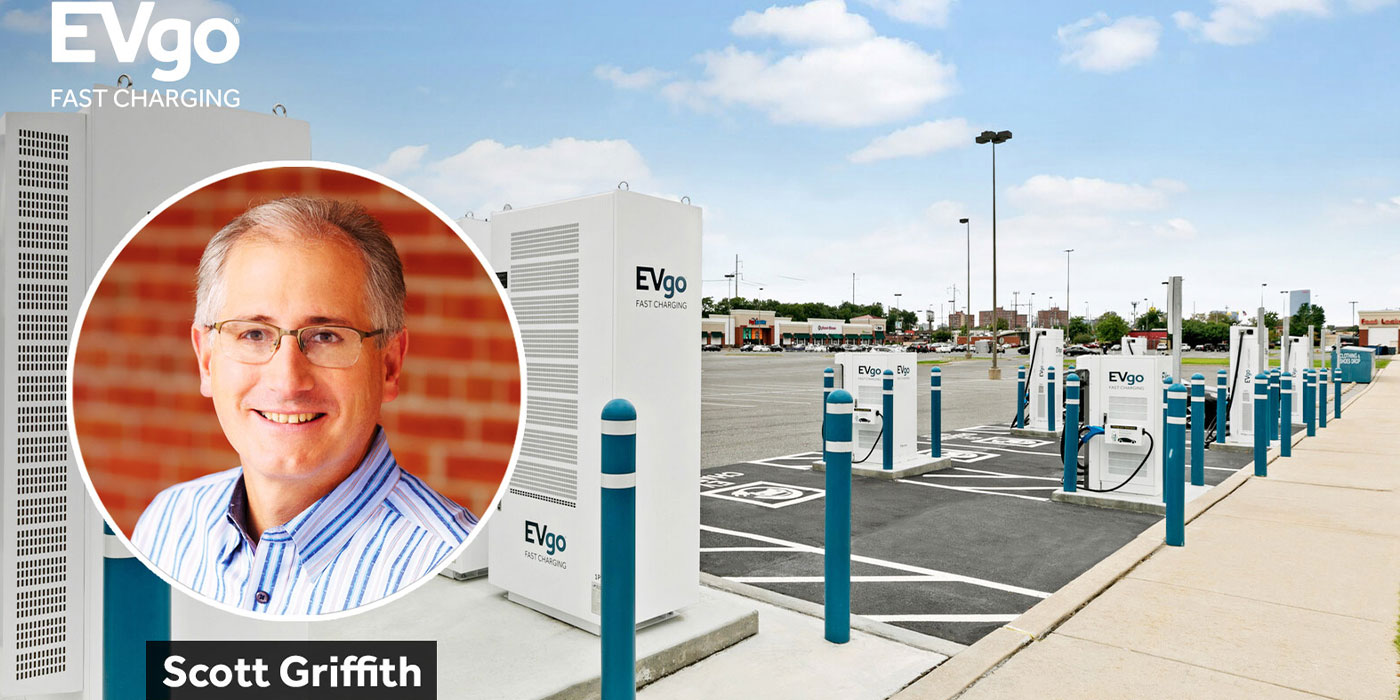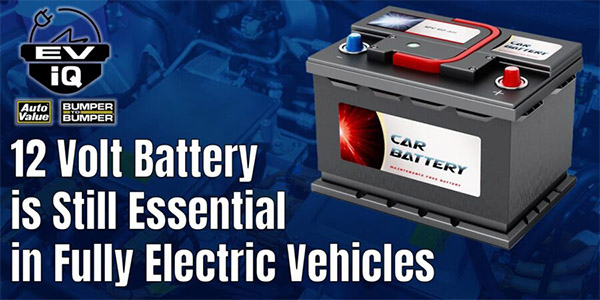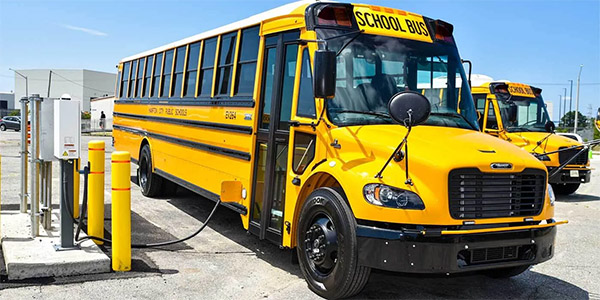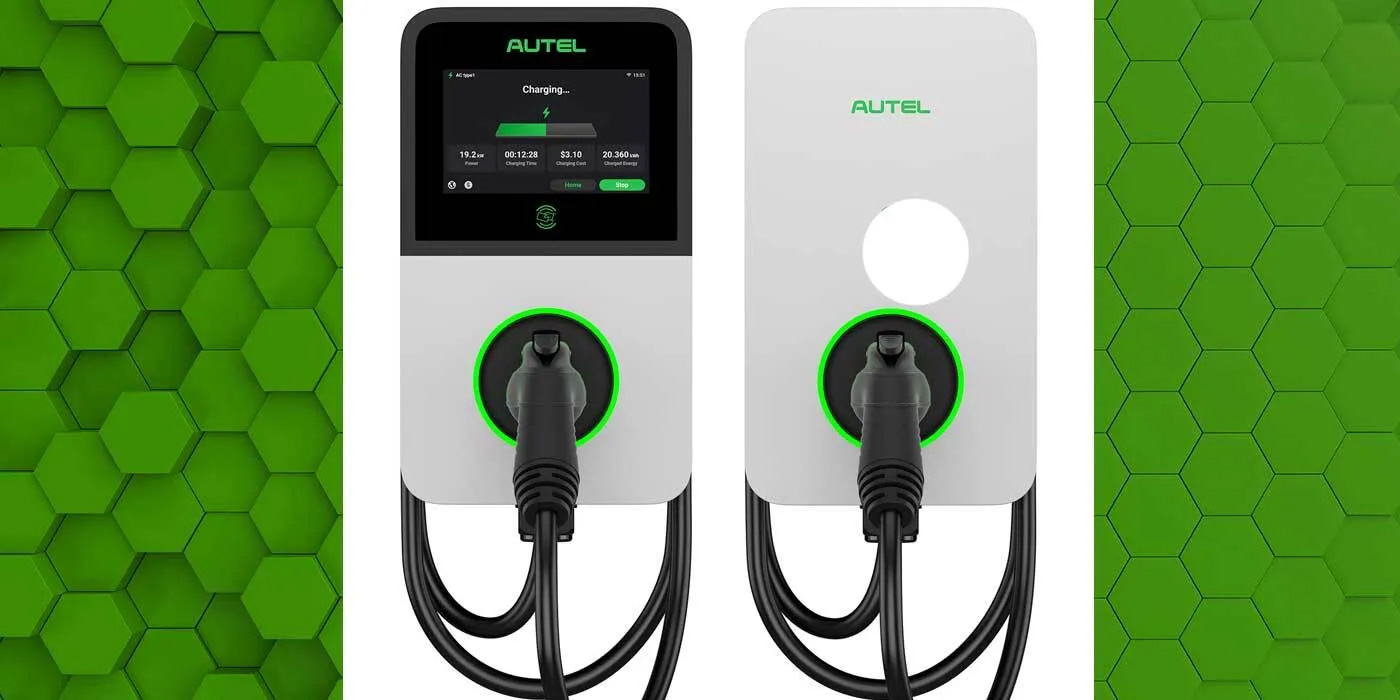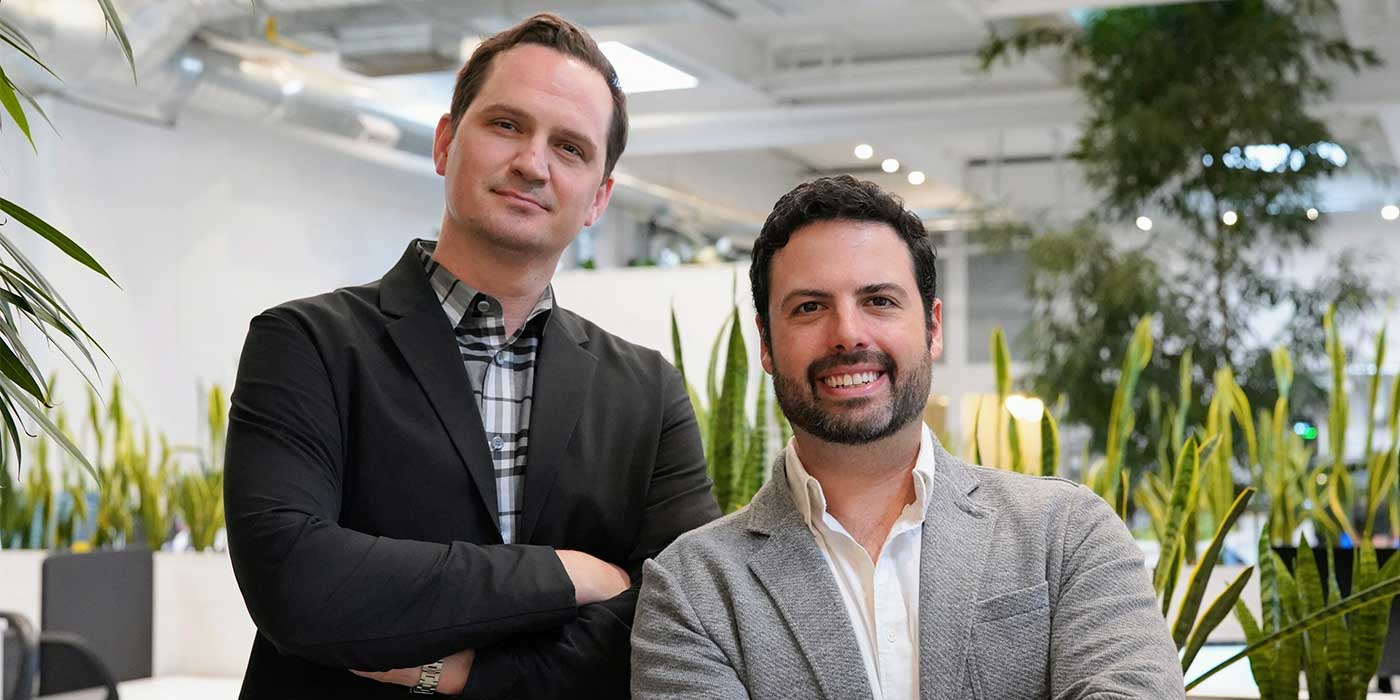Courtesy of The Buzz, by David Sickels
As part of the president’s “Investing in America” agenda, the U.S. Department of Energy (DOE) has announced $16 million from the Bipartisan Infrastructure Law to bring critical mineral supply chains to America. The funding will support projects in West Virginia and North Dakota for the development of what the DOE says is a first-of-a-kind rare earth element and critical minerals extraction and separation refinery.
The United States imports more than 80% of its rare earth elements and critical minerals to produce clean energy technologies and other indispensable products that we rely on every day such as smartphones, computers, and medical equipment, the DOE says. Across the U.S., there are billions of tons of coal waste and ash, mine tailings, acid mine drainage, and discharged water. These waste streams from mining, energy production, and related activities contain a variety of valuable rare earth elements and other critical minerals that can be produced and used to build clean energy technologies, according to the DOE.
The announced projects will study how they can extract critical minerals from coal mine waste streams as the first of two project phases.
The University of North Dakota (Grand Forks, North Dakota), awarded $7,999,999, will complete a study to recover and refine rare earth elements and critical minerals from North Dakota lignite mine wastes. The project aims to advance technologies that can enable a cost-competitive, environmentally sensitive process to produce rare earth metals and critical minerals from domestic coal waste.
West Virginia University (Morgantown, West Virginia), awarded $8,000,000, will complete a study for producing rare earth elements and critical minerals using acid mine drainage and mineral tailings feedstocks with at-source pollution treatment. Intermediate products will be processed to high-purity oxides, salts, or metals depending on specific market needs.
Over a period of about 15 months, these engineering and cost studies will identify risks and costs, and will solidify plans for developing economically viable processes to extract, separate, and produce rare earth elements and critical minerals from the nation’s quantities of mining wastes that won’t be harmful to the environment, the DOE says. Following completion of the studies and a period of technical review, these projects will have the opportunity to apply for Phase II funding for the construction and operation of the demonstration-scale facility.
The Phase I projects will be managed by DOE’s Office of Fossil Energy and Carbon Management (FECM) and the National Energy Technology Laboratory (NETL) in collaboration with the Office of Manufacturing and Energy Supply Chains (MESC).

